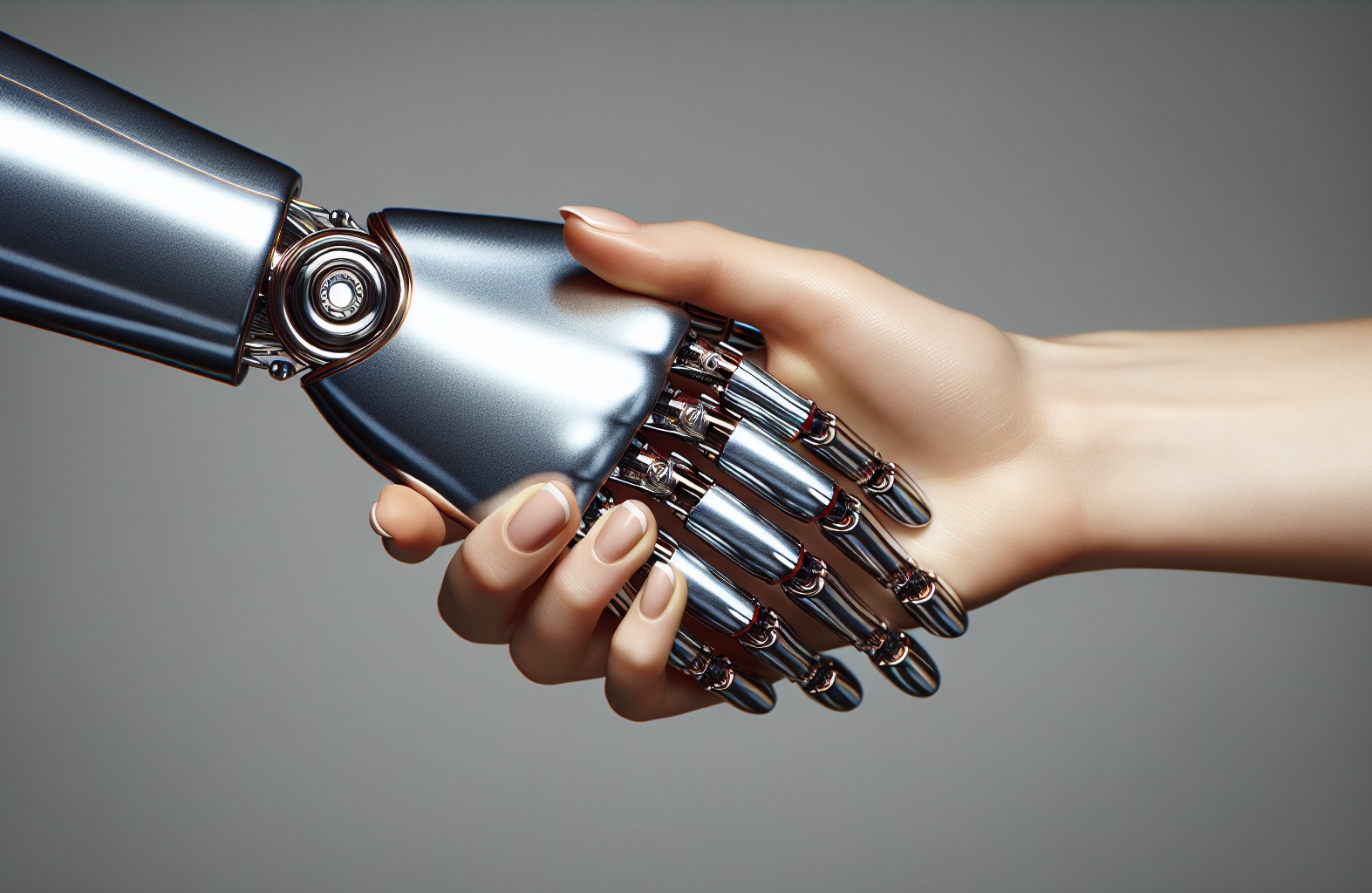The ongoing AI revolution is reshaping the world, one algorithm at a time

In just a few years, the realm of AI has transcended its initial computational boundaries, emerging as one of the transformative forces of the 21st century, permeating virtually every major economic sector.
The global AI market was valued at $638.23 billion during Q4 2024, and is projected to reach a valuation of $3.6 trillion by 2034, largely because AI has the potential to gain widespread adoption in multiple industries.
For instance, in healthcare, 38% of all major medical providers use advanced AI diagnostic tools. Similarly, the financial sector has also demonstrated impressive integrations, with AI projected to contribute approx. $15.7 trillion to the global economy by 2030.
The retail industry has also set its sights on anywhere between $400 billion and $660 billion annually thanks to AI-driven customer experiences, while the cybersecurity sector is set to register a 23.6% growth rate – by 2027 – because of AI-powered intelligent security technologies.
It is estimated that about 83% of companies have already begun considering AI as a strategic priority, recognising its potential to drive innovation, enhance efficiency, and create competitive advantages.
Simplifying everyday life with AI
With the global tech landscape having transformed over the last couple of years, we are now at a point where AI is starting to automate various mundane and time-consuming everyday tasks.
The concept of ‘AI twins’ has gained traction recently, allowing individuals to manage scheduling, respond to emails, conduct research, and handle complex administrative tasks efficiently.
These digital companions represent more than just a caricature of a person’s real-world identity; they offer productivity accelerators designed to liberate anyone from repetitive work cycles (thus allowing them to focus on more creative, strategic, or emotionally nuanced tasks).
They can also help reduce the cognitive and emotional burden of managing multiple responsibilities, which could otherwise be overwhelming for some.
Leading this revolution is Twin Protocol, a platform that seeks to redefine how humans interact with AI, primarily via the creation of secure, dynamic digital representations that can learn, adapt, and evolve alongside their human counterparts.
By using the power of trained machine learning algorithms and decentralised ledgers, Twin Protocol allows individuals to develop digital twins that can capture not just information, but individual expertise and personality traits.
The platform’s potential spans industries, ranging from healthcare to manufacturing and finance. Imagine possessing the ability to deploy a perpetually-available AI twin that can provide personalised healthcare advice, or a digital representation of a financial advisor offering real-time, context-aware investment strategies.
These twins aren’t designed to serve as mere information repositories but as intelligent and dynamic tools capable of understanding context, learning continuously, and providing nuanced, personalised interactions.
What sets Twin Protocol apart is its commitment to maintaining individual agency and data privacy. Through its blockchain-based ‘Twin Vault‘, users can retain control over their digital identity, ensuring that personal information remains secure.
Thanks to its unique proposition, the platform has attracted several collaborations, including partnerships with SingularityNET and notable figures like Deepak Chopra and Robert Bell (founding member of Kool & the Gang).
AI’s potential is still uncharted
It is estimated that over the coming decade, AI’s potential could grow hugely, with offerings like Twin Protocol demonstrating next-generation technology, allowing users to explore new concepts like digital twins.
From personalised education to industrial optimisation, AI is moving beyond the category of being a tool, becoming a transformative partner capable of extending individual capabilities.
AI’s journey and symbiosis is likely to push the boundaries of what’s possible today. Some of the most exciting innovations emanating from the field will lie not in the technology, but in how its potential is applied to other fields. Interesting times are ahead!



